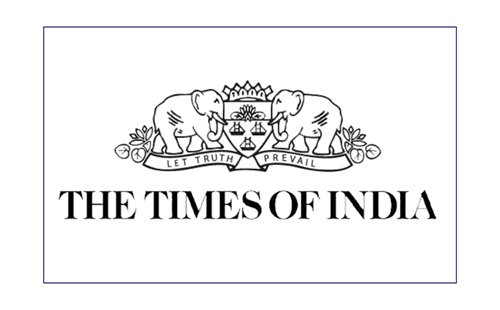War on plastic: Single use plastics are deadly. But their elimination needs more than a simple ban.The Narendra Modi government has asked states to curb the production of single use plastics (SUP) in the next two weeks.
This step is a part of the overarching goal to eliminate SUP by 2022. There is an irrefutable case in favour of getting rid of SUP, which are used just once before they are discarded. More than a dozen states over the last decade have tried to eliminate SUP. The next step therefore should be to carefully sift the results to find the most effective way forward.
Visit our store at http://online.ensemble.net.in
Plastics are a miracle material, popular across industries for their properties. The flip side to this material’s durability is the difficulty of disposing it, resulting in some of the worst forms of environmental damage. India generates about 9.4 million tons of plastic waste a year, and recycles about 60% of it. India’s recycling record is impressive when measured by the global average. However, our challenge is a rapid incremental accumulation of plastic waste on account of the popularity of SUP.
Globally, a combination of bans and economic incentives have been used to eliminate SUP. India favours bans. Therefore, a look at Bangladesh’s experience with a ban is helpful. The country imposed a ban in 2002 and public awareness of the problem is high. Yet, UN believes the policy failed because of lack of alternatives to plastic. At home, Tamil Nadu’s experiment with a ban since the beginning of the year is facing a similar challenge. The Modi government is yet to unveil a comprehensive solution to eliminate SUP. It should first think through how it wants to actualise its goal. It’s unwise to precipitate disruption even in the pursuit of a worthy goal.
Experience teaches us that a durable solution will have to incorporate economic incentives to eliminate SUP. Governments should continue to initiate and support all efforts at raising consciousness on the damaging impact of SUP. But if heightened awareness is to quickly translate into a ground level impact, fiscal incentives to encourage early adoption of alternatives are necessary. Plastics are popular because of their benefits. Therefore, a successful campaign against it has to be underpinned by creation of a market for alternative materials which don’t have the same impact on the environment. The upfront fiscal incentives for it will repay itself manifold through a cleaner environment and better quality of life.
View our Blog: https://ensembleias.com/blog/
Source: The Times Of India
#geography_optional #upsc2020 #ias #k_siddharthasir #Government_of_India #india #studyabroad #geography #upsc #bhugol #government #news #dailynews #gk #dailyquiz #editorial




